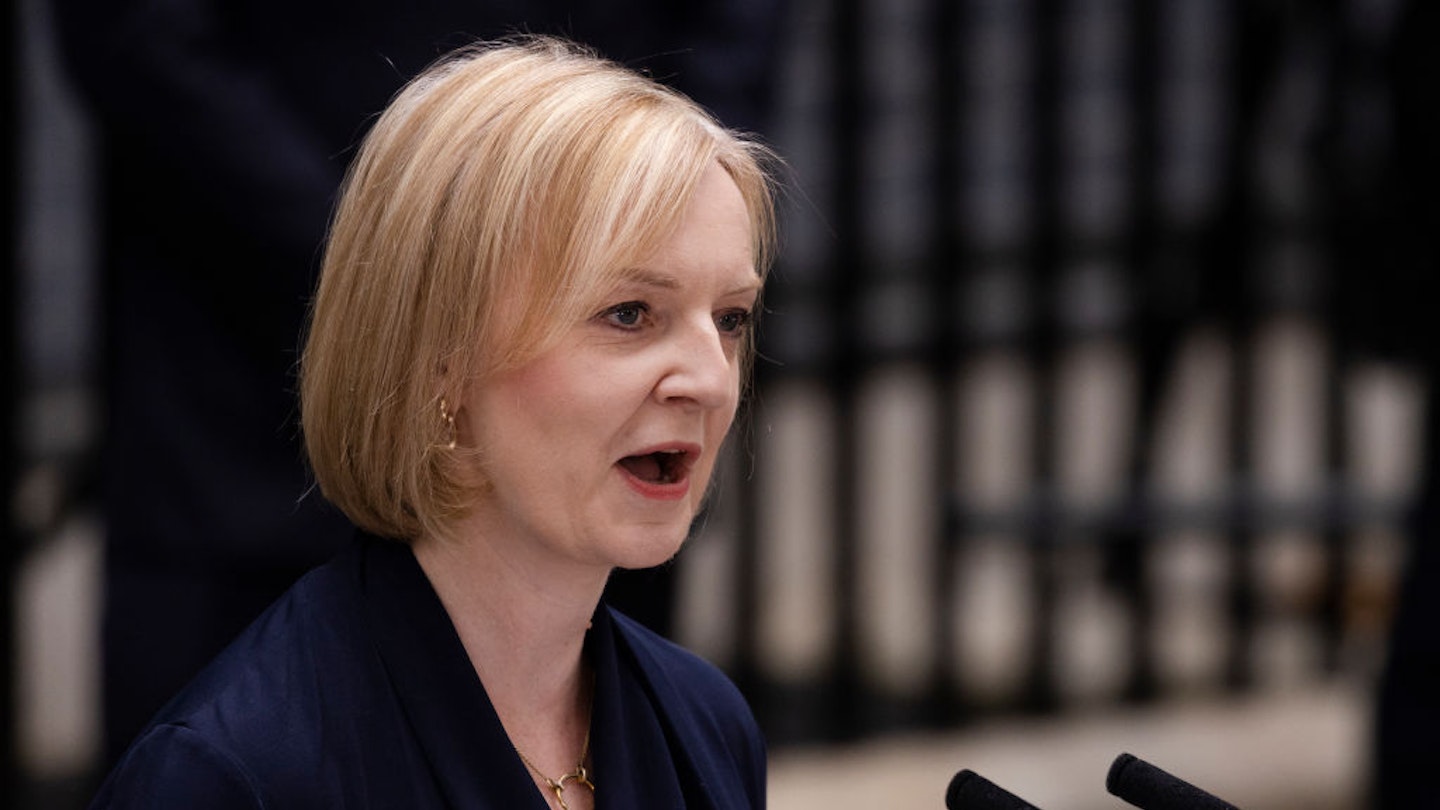Liz Truss has stepped down from the role of Prime Minister after an historic 44 day premiership. In her resignation speech, she appeared to have overcome the awkward gaps in her speeches which earned her the moniker Liz 'Pause For Applause' Truss during her leadership campaign.
During her time in office, the pound plummeted and the Tories did more U-Turns than a boomerang, but one of her more enduring legacies will be her speeches (it certainly won'tbe what she did - or didn't do, rather - for women).
While her frequent – and and rather lengthy – breaks in her deliverance might make for awkward viewing (and, presumably, listening, if you’re in her actual IRL audience), there’s got to be a reason for them, right?
‘Pausing is the most effective tool use by public speakers, it is mainly used to amplify dramatic effect,’ Michael Sokolin, founder of the School of Connection,a UK based public speaking school specialising in reducing anxiety around speech giving, told Grazia.
‘Liz Truss is making a very strong use of pausing to exert a feeling of power and conviction in her words. In politics this a very common use of rhetorical device for showing high status. When people feel nervous [or] uncertain, they tend to speak quicker and avoid silences as they feel too uncomfortable, so one’s ability to hold silences indicates confidence and a strong self-esteem.
‘The awkward moments that happens at times in Liz Truss’ speeches are due to the fact that she isn't making the appropriate use of infliction and timing. In other words, she isn’t energetically indicating to her audience when they should applaud.
‘The mastery in public speaking is attained when one is able to guide the audience by the hand indicating to them when they need to applaud, when they need to laugh, when they need to feel sad.’
So, Liz may need a bit more practise – but with the next general election not until 2024 after she made clear she had no intentions of calling voters to the polling stations early, she’ll have plenty of time.
